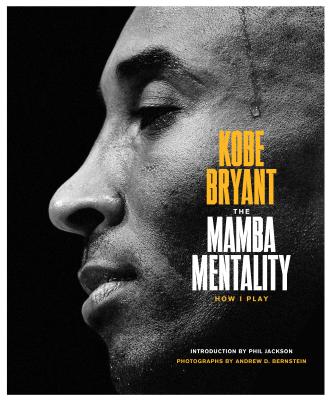This book synthesises the findings of commissioned analytical economic histories of 21 developing countries from 1950 to 1985. It represents an attempt to identify patterns in the interplay of initial conditions, institutions, interests, and ideas which can help explain the different growth and poverty alleviation outcomes in the Third World.
This wide-ranging and innovative book synthesises the findings of a major international study of the political economy of poverty, equity, and growth. It is based primarily on analytical economic histories of 21 developing countries from 1950 to 1985, but also takes account of the wider literature on the subject. The authors take an ambitious interdisciplinary approach to identify patterns in the interplay of initial conditions, instiuttions, interests, and ideas which can help to explain the different growth and poverty alleviation outcomes in the Third World. Three different types of poverty are distinguished, based on their causes, and a more nebulous idea of equityin contrast to egalitarianismis shown to have influenced policy. Since growth is found to be the major means of alleviating mass structural poverty, much of the book is concerned with discovering explanations for policies which are found to be the most important influences on the proximate causes of growth. Lal and Mynt also consider the available evidence on the role of direct transferspublic and privatein alleviating destitution and conjunctural poverty. The Political Economy of Poverty, Equity, and Growth develops a novel framework for the comparative analysis of different growth outcomes. This framework distinguishes between the different relative factor endowments of land, labour, and capital, and between the different organizational structures of pesent versus plantation and mining economies. It also differentiates between the polities of ''autonomous'' and ''factional'' states in the countries studied, breaking the analysis down into further typological subdivisions and providing important new insights into the differing behaviour of economies that are rich in natural resources and those with abundant labour. These insights constitute a richer explanation for the divergent developmental outcomes in East Asia compared with Latin America and Africa. The evidence collated is used to argue for the continuing relevance of the classical liberal viewpoint on public policies for development, and to show why, even so, nationalist ideologies are likely to be adopted and lead to cycles of interventionism and liberalism. The evidence is also used to provide an explanation for the surprising current worldwide Age of Reform.
Get The Political Economy of Poverty, Equity and Growth: A Comparative Study by at the best price and quality guranteed only at Werezi Africa largest book ecommerce store. The book was published by Oxford University Press and it has pages. Enjoy Shopping Best Offers & Deals on books Online from Werezi - Receive at your doorstep - Fast Delivery - Secure mode of Payment
 Jacket, Women
Jacket, Women
 Woolend Jacket
Woolend Jacket
 Western denim
Western denim
 Mini Dresss
Mini Dresss
 Jacket, Women
Jacket, Women
 Woolend Jacket
Woolend Jacket
 Western denim
Western denim
 Mini Dresss
Mini Dresss
 Jacket, Women
Jacket, Women
 Woolend Jacket
Woolend Jacket
 Western denim
Western denim
 Mini Dresss
Mini Dresss
 Jacket, Women
Jacket, Women
 Woolend Jacket
Woolend Jacket
 Western denim
Western denim
 Mini Dresss
Mini Dresss
 Jacket, Women
Jacket, Women
 Woolend Jacket
Woolend Jacket
 Western denim
Western denim
 Mini Dresss
Mini Dresss




